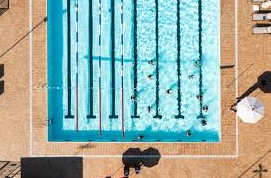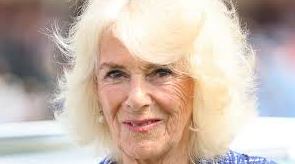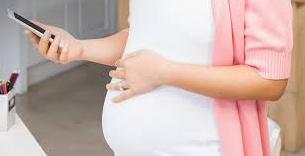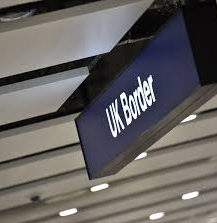
Consumers turn to affordable fitness and entertainment as summer spending spikes
Recent data from Revolut highlights a significant shift in UK spending habits this summer, with Britons increasingly choosing active and cost-effective leisure activities. Notably, there was a 38% rise in spending on sports clubs and gyms in July compared to June, reflecting a growing interest in staying fit while keeping costs manageable.
The surge in fitness-related expenditure is linked to the excitement surrounding the Paris Olympics. Additionally, spending on gym memberships rose by 18%, while sports retailers saw an 11% increase in sales, indicating a trend toward more health-focused, affordable activities.
Indoor entertainment venues also benefited from the summer demand. Visits to amusement parks and aquariums saw increases of 48% and 46%, respectively, while museum attendance grew by 26%. Meanwhile, cinema spending surged by 35%, though it was slightly lower compared to the blockbuster releases of 2023.
Food spending also saw a shift, with fast food outlets experiencing a 7% increase in purchases as families opted for convenient and budget-friendly dining options.
Fiona Davies, Revolut’s head of growth for the UK, Ireland, and Nordics, commented, “This summer’s spending patterns show that people are keen to maximise their enjoyment while keeping an eye on costs. There has been a clear preference for affordable and active leisure activities, alongside value dining options, to make the most of the summer season.”

















